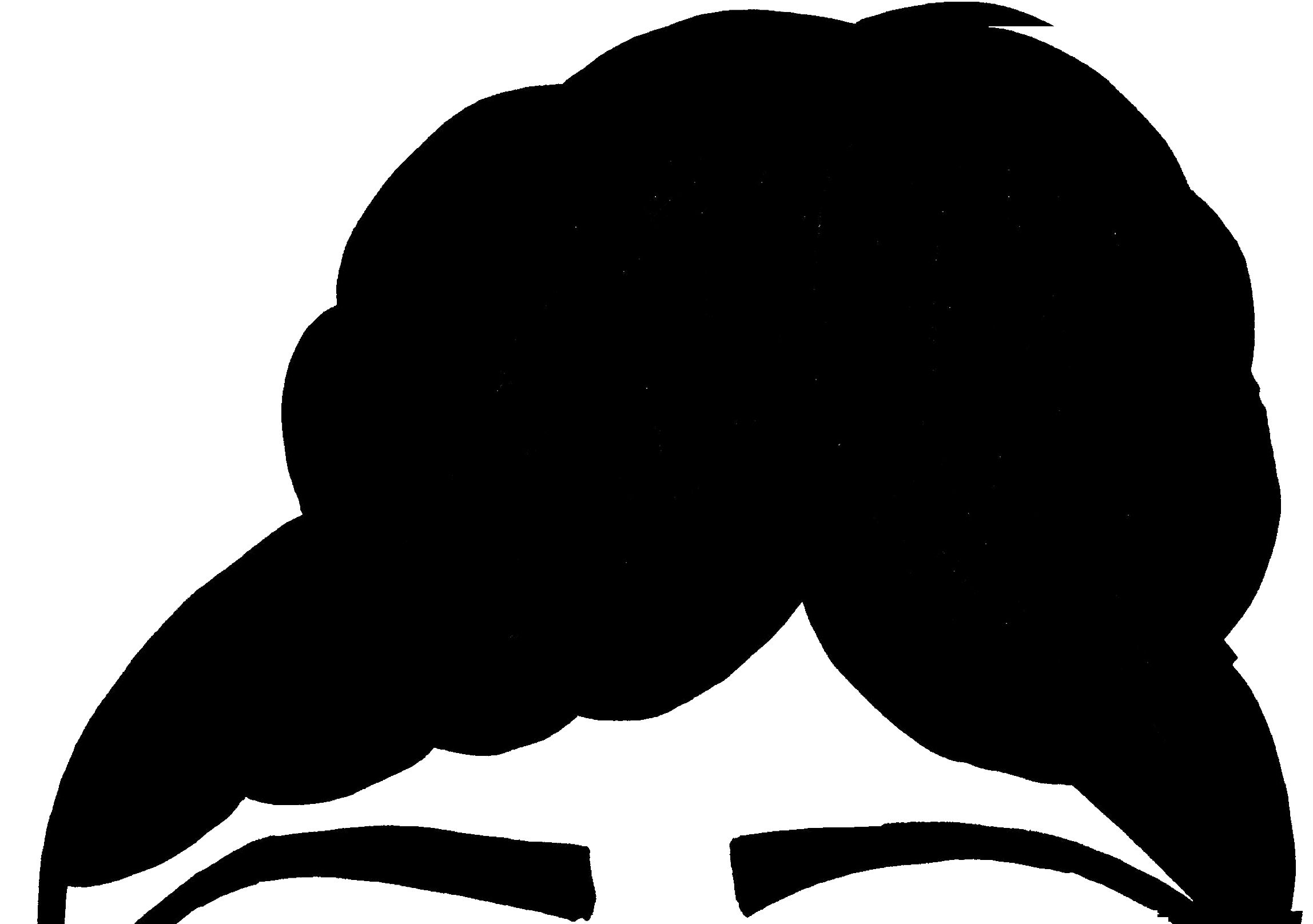You Can Touch My Hair Film Review
Hey chica's! Happy Tuesday, I hope your week is off to an amazing start.
If you are a social media maven like I am, you most likely came across at least one article or reference to the recent release of the You can Touch my hair Documentary. The short film which took place in the populated streets of New York City; made its mark on the online community Sunday October 20th via the social platform, Youtube; home for fashion & beauty gurus as well as newly named naturalistas.
The social art experiment was created in hopes of striking the often uncomfortable discussion of natural hair among-st those of other races. The film was well put together and definitely made a statement, striking great discussions. Is it okay to touch an African American woman's hair without her permission? Should I be resisting this urge of curiosity? Are black women easily offended when women of other races take an interest in their hair?
 |
| Photo Credit| http://aroundthewaycurls.com/ |
 |
| Photo Credit: http://instagram.com/hairunruled |
"Black women or women of color, genetically have bigger backsides. Do you need to touch my butt to know, why I'm genetically predisposed to having a larger backside? "
Can we truly blame the curiosity of other cultures on our hair based on "ignorance" or rather the failure to display our hair in its natural state for all of these years. Truly think about it, prior to recent publicity on the natural hair movement in media, hair care lines, commercials, etc, when was the last time that you saw a black women with thick curly hair? We've been exposing our hair for many years in only one texture |black straight hair| if displayed in any other texture its usually identified as "good hair, otherwise known as mixed-race or weave. If we wore our natural versatile hair for years, other cultures would be exposed to Type 2, 3,4, curly, coily, wavy, kinky hair, it would be no great surprise to see a black woman rocking her natural tresses in any state.
 |
| Photo Credit| http://instagram.com/hairunruled |
Is this movement based just upon "hair and culture" or our ability to adapt to change? Years from now natural hair may become the new norm and transitioning back to relaxed hair will be the the next controversial discussion.
What are your thoughts?


